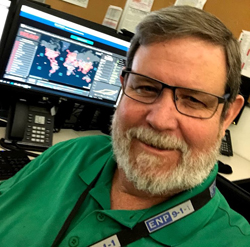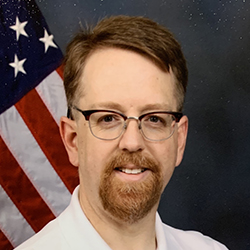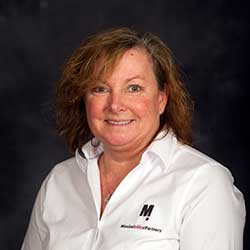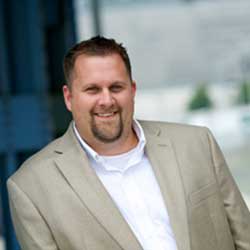
Planning is critical to the future success of your agency’s operations. In this track, attendees will learn more about the importance of continuity-of-operations plans (COOP) and preparing for a post-pandemic future.
Public safety agencies are responsible for providing mission-critical, lifesaving services to their communities and need to do so without fail, regardless of circumstances. In this track, attendees will learn more about the development and implementation of a comprehensive continuity-of-operations plan (COOP), including considerations for deploying staff members to work remotely. Identifying, securing, and using grant funding, as well as a look at the future of public safety facilities in a post-pandemic world, also will be discussed.
Events such as natural disasters or pandemics can have a profound impact on public safety operations. While it is nearly impossible to prevent them, agencies can act quickly with comprehensive continuity-of-operations plans (COOP) and disaster recovery (DR) plans in place.


The COVID-19 pandemic has had a major impact on the way organizations nationwide operate, including public safety. In this roundtable discussion, public safety industry leaders discuss the steps they’ve taken to protect staff members while maintaining operations in a remote environment, and how the decision to go remote could change the way they operate forever.




Finding and securing grant funding can be overwhelming for public safety leaders who already are strapped for time and resources. In this session, we’ll offer insights on the grant funding process, including how to develop a funding strategy, identify funding sources, and apply for grants.


During this roundtable discussion, members of MCP’s architecture partner network will discuss the advancements being made in public safety architecture and how the COVID-19 pandemic has them thinking in new ways about protecting staff members through facility and system planning and design.




